In 2022, Singaporean energy and infrastructure giant Keppel is looking to trial importing up to 100MW of renewable hydropower from Laos via Thailand and Malaysia using existing interconnectors.
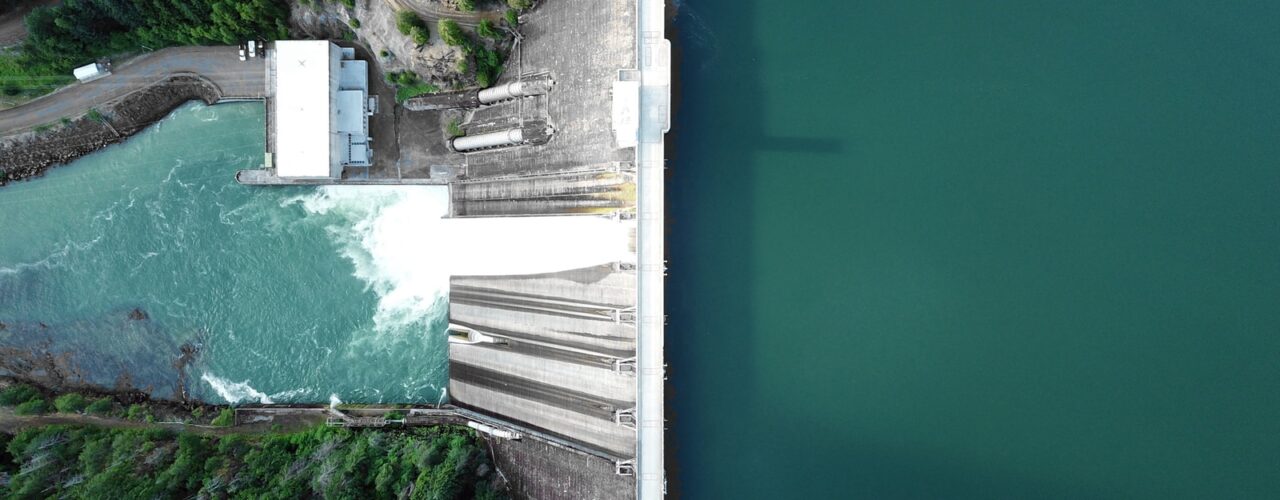
So what?
Singapore has recently been ranked as ‘critically insufficient’ by Climate Action Tracker in the country’s climate mitigation commitments to meet the Paris Agreement 1.5°C long-term temperature limit. It is thus notable that the city-state is shifting away from the country’s historical reliance on natural gas.
Not all clean energy is equally clean. Hydropower in Southeast Asia largely comes from dams that significantly affect local populations by eroding local livelihoods and worsening extreme weather events. The use of hydropower for domestic use is already greatly contested by local communities across Southeast Asia. Singapore and Keppel will need to closely watch for these consequences and mitigate them so that the country is a responsible importer of renewable energy.
Sources
-
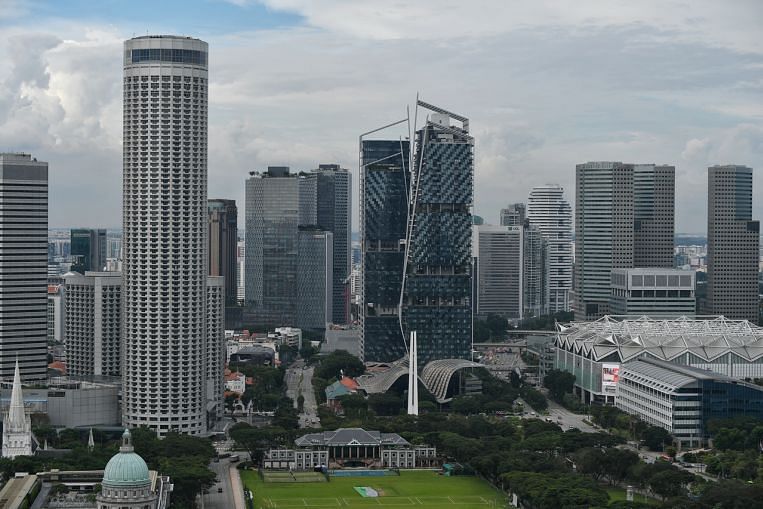 Singapore to trial import of renewable hydropower from Laos in cross-border power trade deal https://www.straitstimes.com/singapore/environment/singapore-to-trial-import-of-renewable-hydropower-from-laos-in-cross-border
Singapore to trial import of renewable hydropower from Laos in cross-border power trade deal https://www.straitstimes.com/singapore/environment/singapore-to-trial-import-of-renewable-hydropower-from-laos-in-cross-border -
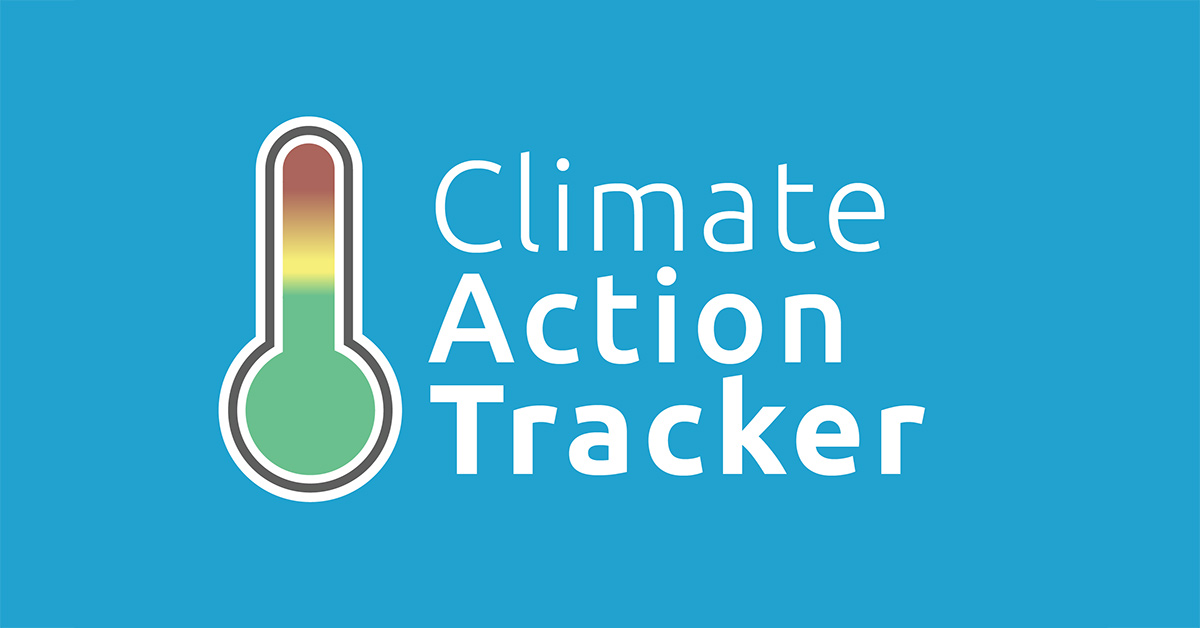 Equitable emissions reductions under the Paris Agreement https://climateactiontracker.org/publications/equitable-emissions-reductions-under-paris-agreement/
Equitable emissions reductions under the Paris Agreement https://climateactiontracker.org/publications/equitable-emissions-reductions-under-paris-agreement/ -
 Laos dam collapse reveals dangers of hydropower infrastructure in a changing climate | Global Resilience Institute https://globalresilience.northeastern.edu/laos-dam-collapse-reveals-dangers-of-hydropower-infrastructure-in-a-changing-climate/
Laos dam collapse reveals dangers of hydropower infrastructure in a changing climate | Global Resilience Institute https://globalresilience.northeastern.edu/laos-dam-collapse-reveals-dangers-of-hydropower-infrastructure-in-a-changing-climate/ -
 Thailand challenges Laos dam building spree on Mekong River https://asia.nikkei.com/Politics/International-relations/Thailand-challenges-Laos-dam-building-spree-on-Mekong-River
Thailand challenges Laos dam building spree on Mekong River https://asia.nikkei.com/Politics/International-relations/Thailand-challenges-Laos-dam-building-spree-on-Mekong-River

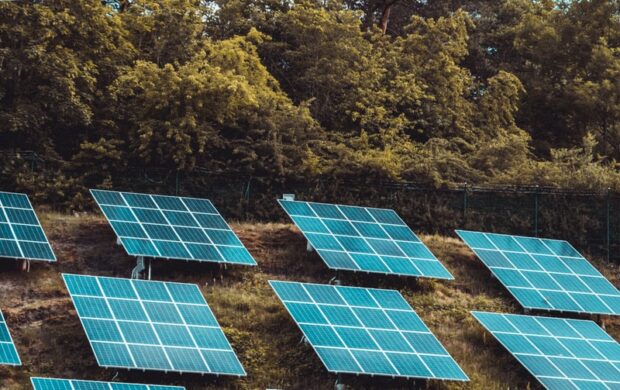





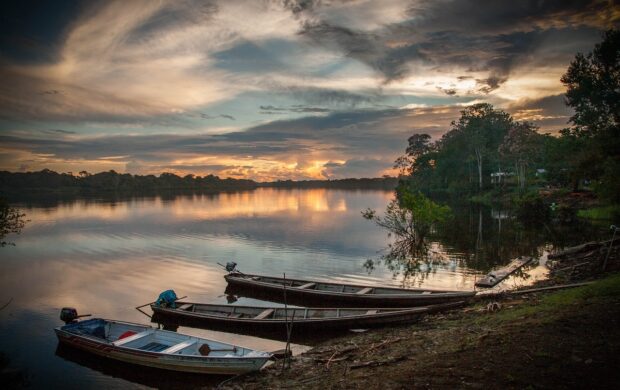
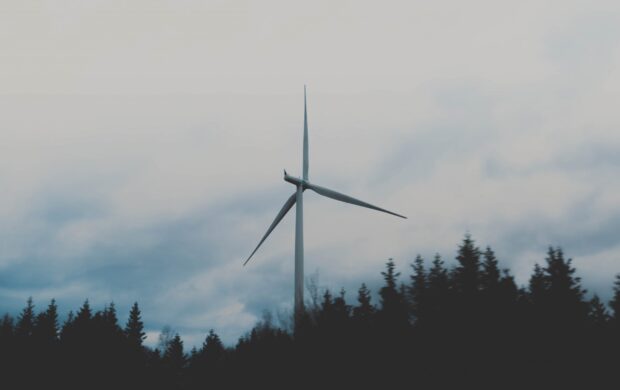

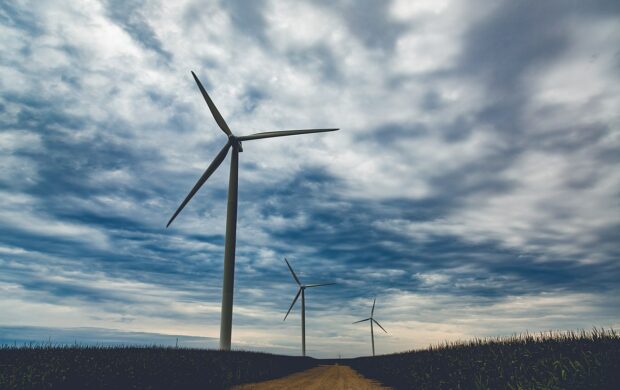

Join discussion